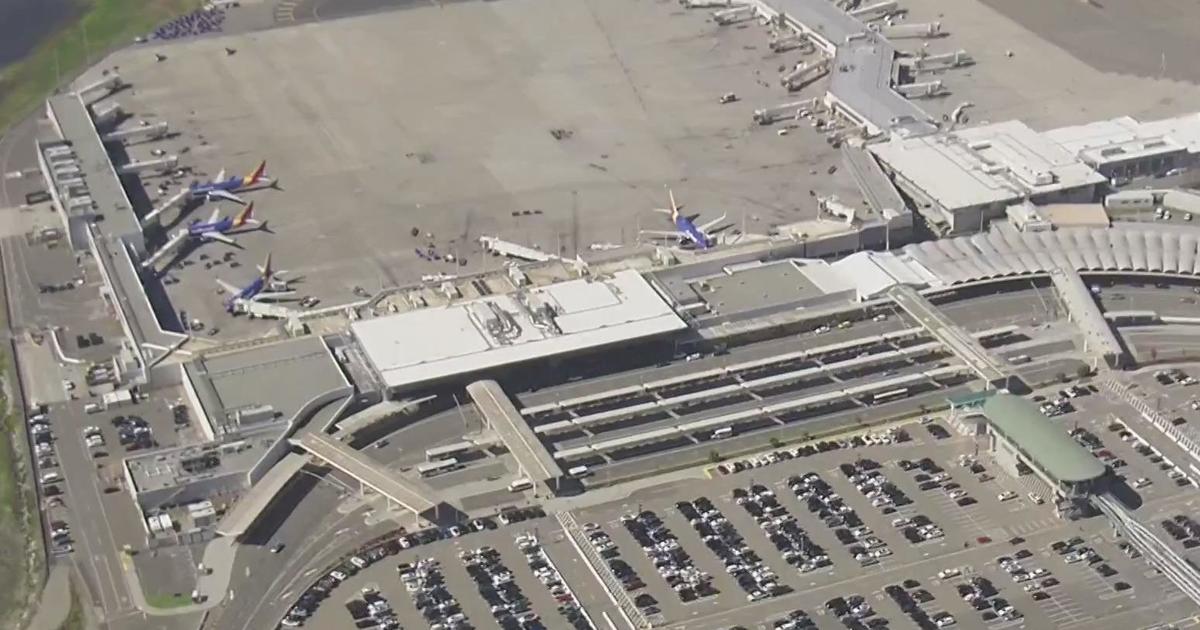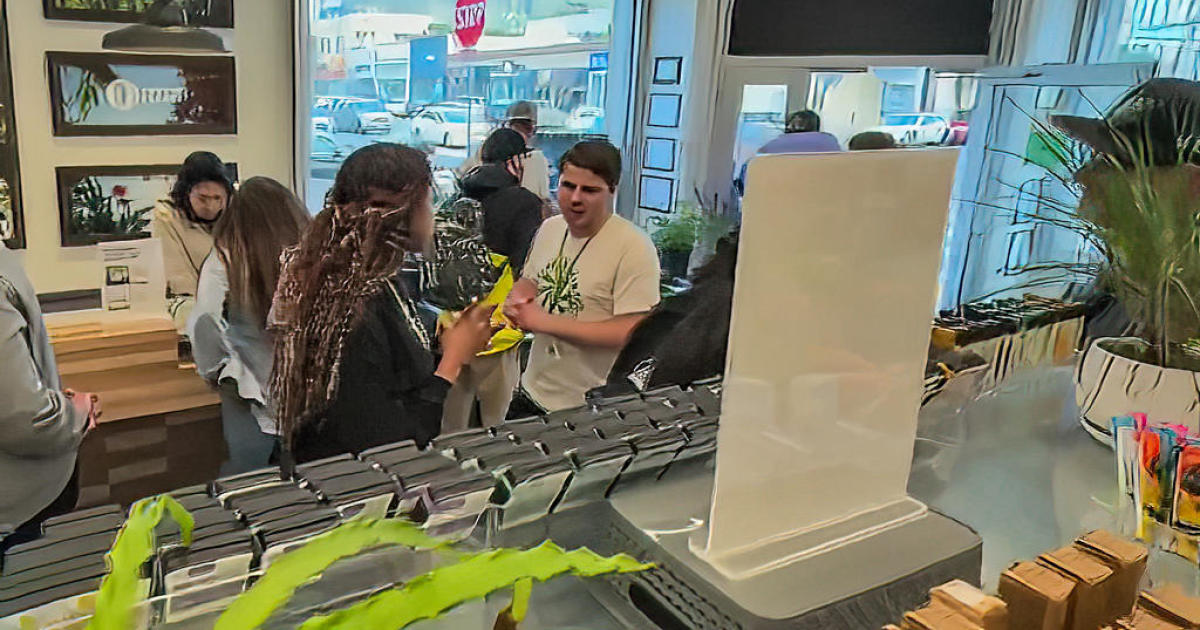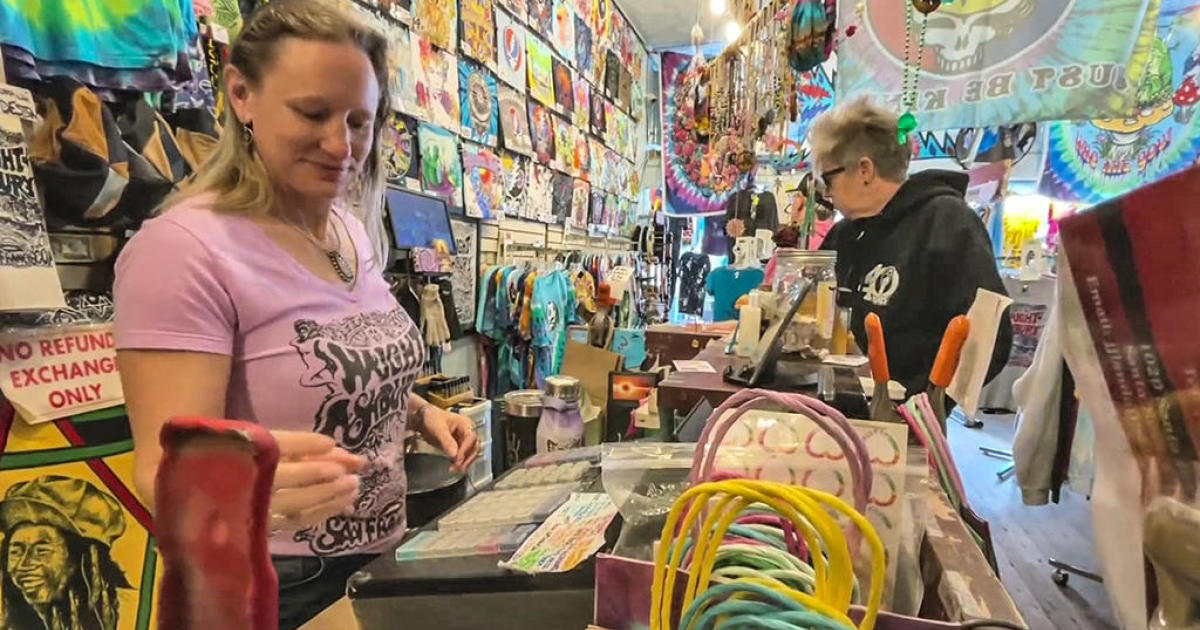Long lines return outside of Zuckerberg San Francisco General monkey pox vaccine clinic
SAN FRANCISCO -- With supplies replenished by a shipment of 10,000 doses, a line spanning several blocks long began forming in the predawn hours Tuesday outside the Zuckerberg San Francisco General Hospital monkeypox vaccine clinic.
The clinic was forced to close last week when the supply of vaccine distributed by state and federal health officials ran out. The new shipment should allow officials to keep the doors open to both appointments and walk-ins for the remainder of the week.
Kaiser Permanente, UCSF, and Sutter Health will also be giving shots by appointment.
Still officials admit that new shipments will need to keep arriving as demand for the shots continues to grow in San Francisco. With 472 cases, city public health officials believe San Francisco has developed into one of the epicenters of the outbreak not only in the state but in the country.
Less than two weeks ago, San Francisco officials declared a local medical state of emergency to address the outbreak. Gov. Gavin Newsom has followed suit, declaring a statewide emergency.
ADDITIONAL INFORMATION ON MONKEYPOX: California Department of Public Health | SF Department of Public Health | Santa Clara County Department of Public Health
Response to the outbreak has drawn criticism from health care providers and those stricken with the illness.
"I couldn't work at all. That first week was really awful," said David Norman, a San Francisco resident who feels close to leaving isolation after contracting monkeypox last month. "I couldn't even take calls laying down in bed."
Norman was unable to get the vaccine because he never had enough time to stand in line and try to get a dose at local clinics unable to meet the demand of people looking for the shot. He did manage to get access to TPOXX, an experimental treatment for monkeypox that can also be difficult to access.
"I remain frustrated with the relatively sluggish U.S. response," said infectious disease expert and UCSF professor of medicine Dr. Monica Gandhi.
Gandhi supports the FDA's idea of splitting doses of the monkeypox vaccine to get the shots to more people.
The FDA could make a decision this week to use a dose sparing approach where one fifth of a normal dose is injected at a shallower location, or intradermally into the skin.
Traditionally, the vaccine is administered subcutaneously, but by injecting it to the top layer of the skin, more cells would have access to it, according to Gandhi.
"The more immunity we get out there, the more essentially an infection like monkeypox can't find new people," Ghandi told KPIX 5 on Monday. "We'll eventually get the doses for all, we can always go back but spreading immunity across a population will make this thing slow down."
The Jynneos monkeypox vaccine is currently given in two doses subcutaneously, meaning it's delivered below the skin. But with an intradermal vaccination, "basically, you're staying in the skin; you're not going through the skin," said Dr. Daniel Griffin, an infectious disease specialist at Columbia University.
Using a smaller dose with intradermal injection has been done with vaccines for flu and rabies, epidemiologist Dr. Jay Varma previously told CNN.
"The skin has special cells that are very good at helping a vaccine stimulate the body's immune system," he wrote.
These cells, called dendritic cells, are better able to produce an immune response, Griffin said.
"They live in the skin, and they're better at teaching the immune system what they need to respond to," he said.
"If you're able to give the monkeypox vaccine intradermally, you can give a smaller dose. ... They just would need to have some sort of demonstration that you get the same immune response," he said.



